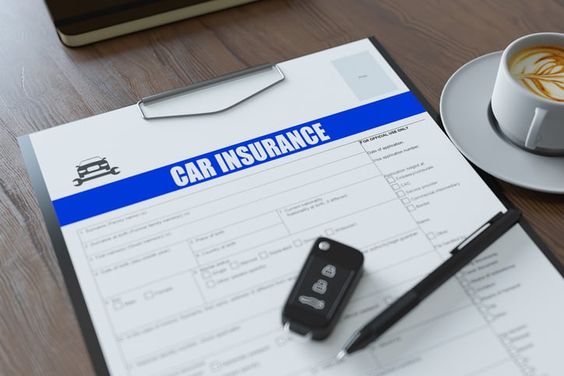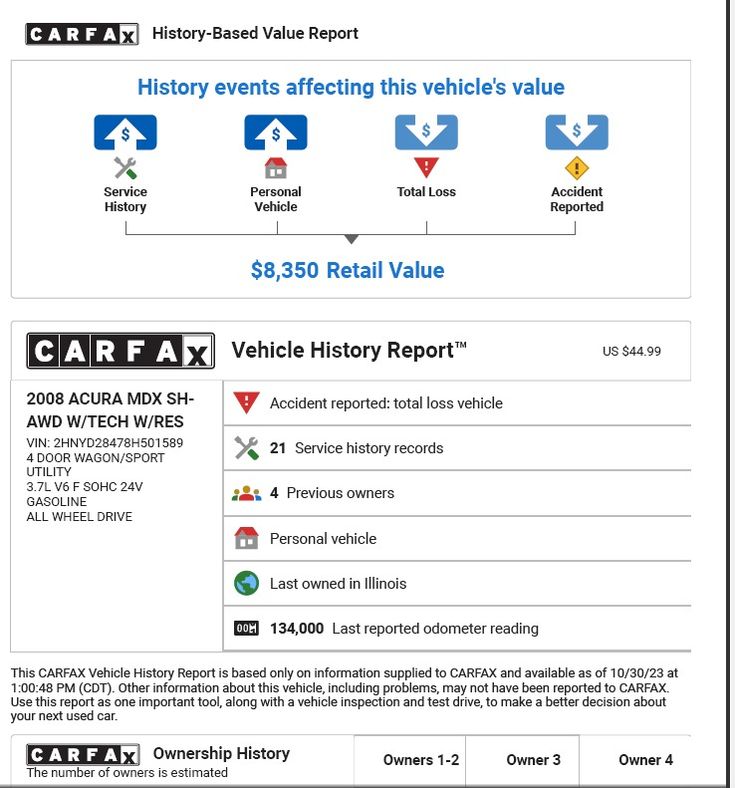Introduction:
Buying a car is a significant investment, and it's essential to be aware of potential scams that could cost you dearly. Unfortunately, unscrupulous individuals prey on unsuspecting buyers, using deceptive tactics to make a quick buck. This guide will equip you with the knowledge and strategies to navigate the car buying process safely and avoid falling victim to scams.

From inflated prices and hidden damage to fraudulent financing and title issues, the world of car buying can be treacherous. However, by understanding common scams and implementing preventative measures, you can protect yourself and make an informed decision.
Common Car Buying Scams:
1. Bait and Switch: This tactic involves advertising a car at an unbelievably low price to lure you in, only to find out that the vehicle is unavailable or has been sold. The salesperson then tries to convince you to purchase a more expensive car.
2. Curbstoning: This illegal practice involves selling a car without a dealer's license. Curbstoners often sell vehicles with hidden problems, tampered odometers, or stolen titles.
3. Odometer Rollback: A dishonest seller may tamper with the odometer to make the vehicle appear less worn and increase its value.
4. Financing Scams: Be wary of lenders who offer suspiciously low interest rates or require large upfront fees. They may have hidden charges or inflate the loan amount.
5. Title Washing: This involves concealing a vehicle's history of accidents or damage by obtaining a clean title from another state.
Protecting Yourself:
1. Research and Due Diligence: Before visiting a dealership or contacting a private seller, research the car's fair market value using online resources like Kelley Blue Book or Edmunds.
2. Thorough Inspection: Always have a trusted mechanic inspect the vehicle before purchasing it. This will help identify any hidden problems or damage.
3. Check the Vehicle History Report: Obtain a vehicle history report from CARFAX or AutoCheck to reveal any accidents, title issues, or odometer discrepancies.
4. Read the Fine Print: Carefully review all contracts and financing agreements before signing. Don't hesitate to ask questions if anything is unclear.
5. Be Wary of High-Pressure Sales Tactics: If a salesperson is pressuring you to make a quick decision, it may be a red flag. Take your time and don't feel pressured to buy.
6. Trust Your Gut: If something feels off or too good to be true, it probably is. Don't hesitate to walk away from a deal if you have any doubts.
Conclusion:
Buying a car can be an exciting experience, but it's essential to be vigilant and protect yourself from scams. By following these tips and exercising caution, you can increase your chances of finding a reliable vehicle at a fair price. Remember, if you're unsure about anything, seek advice from a trusted professional.





